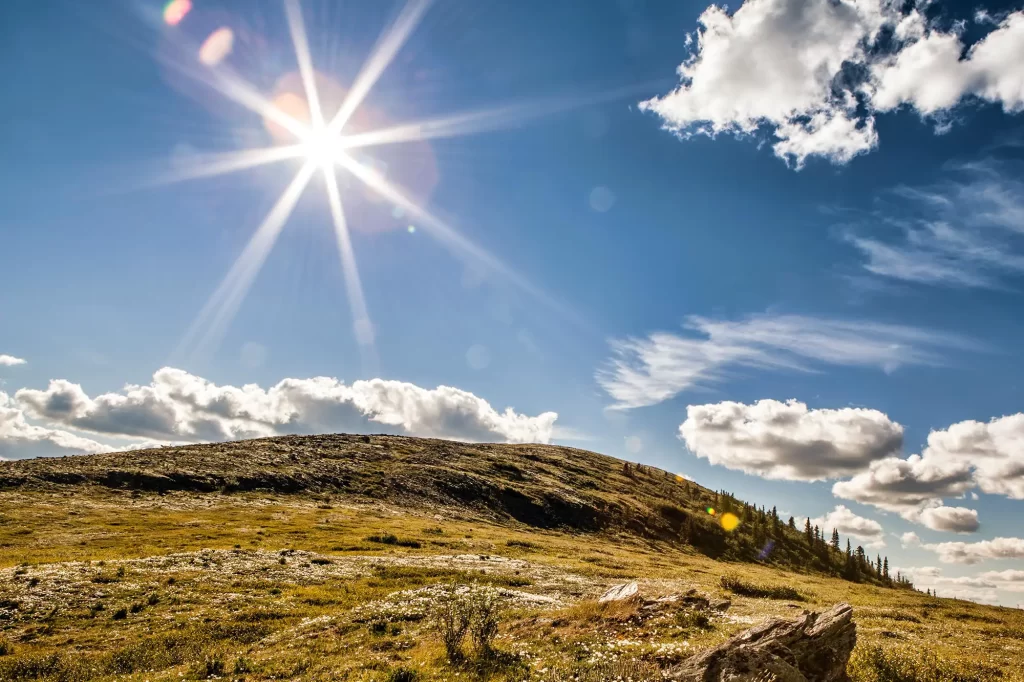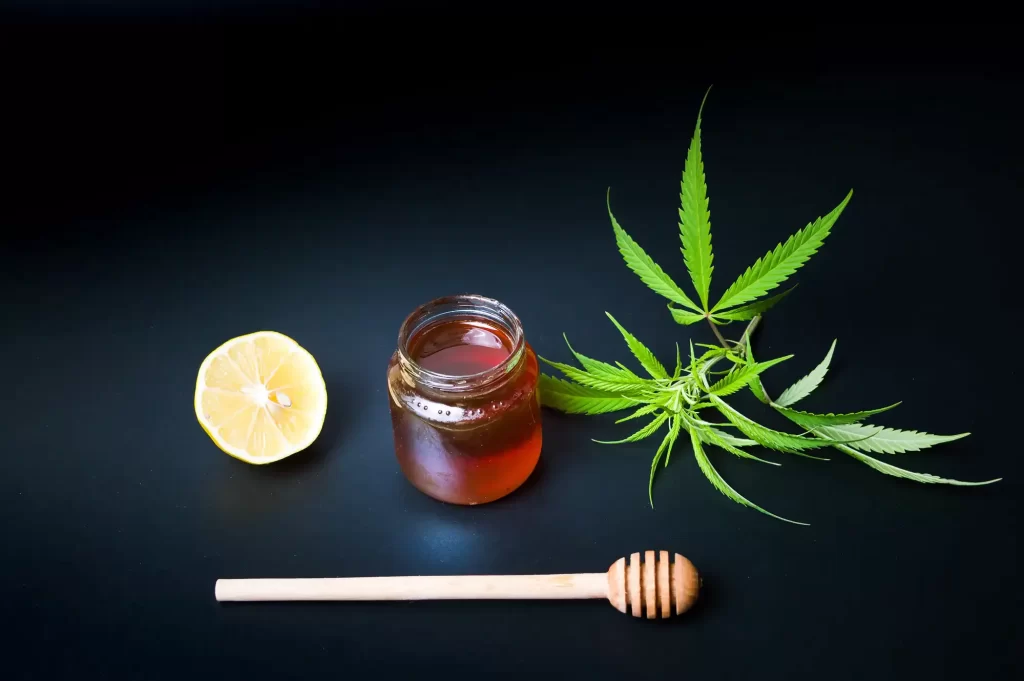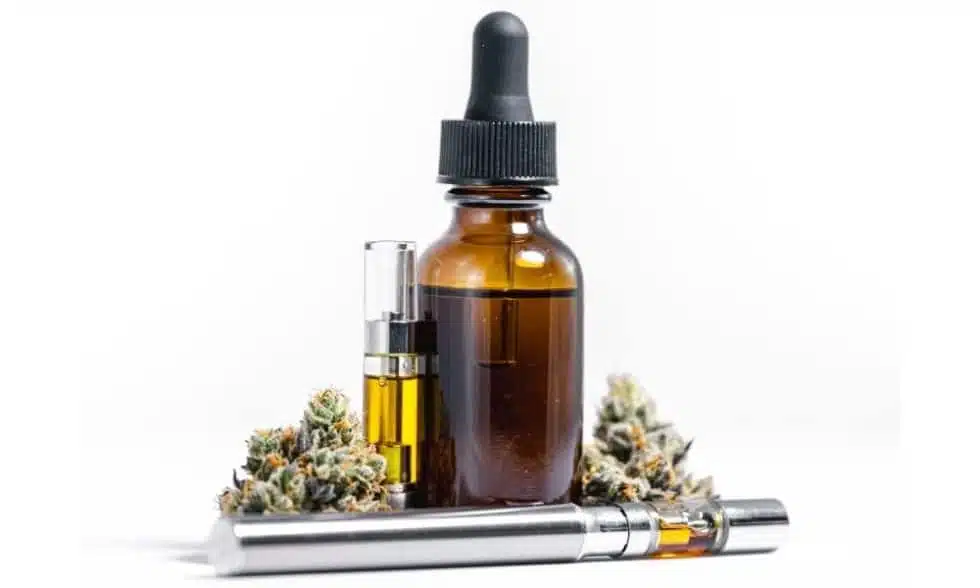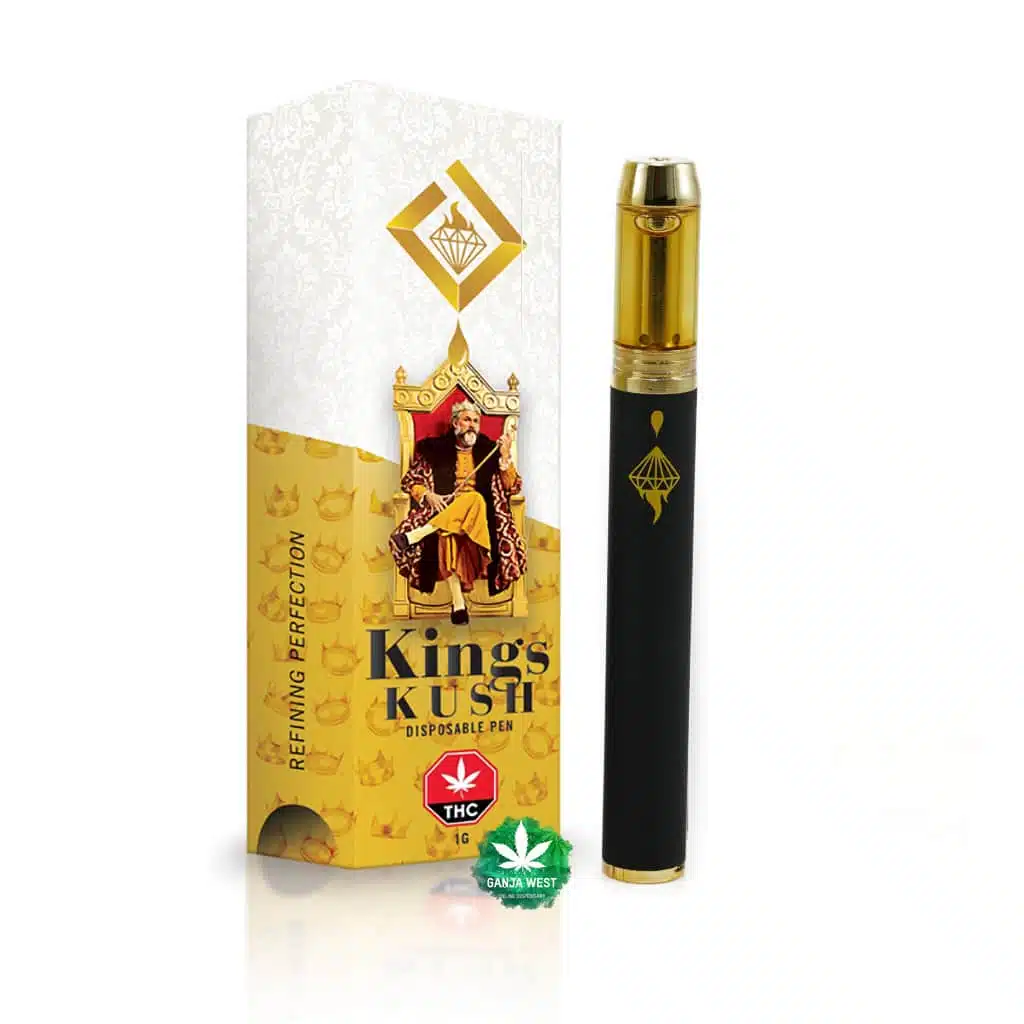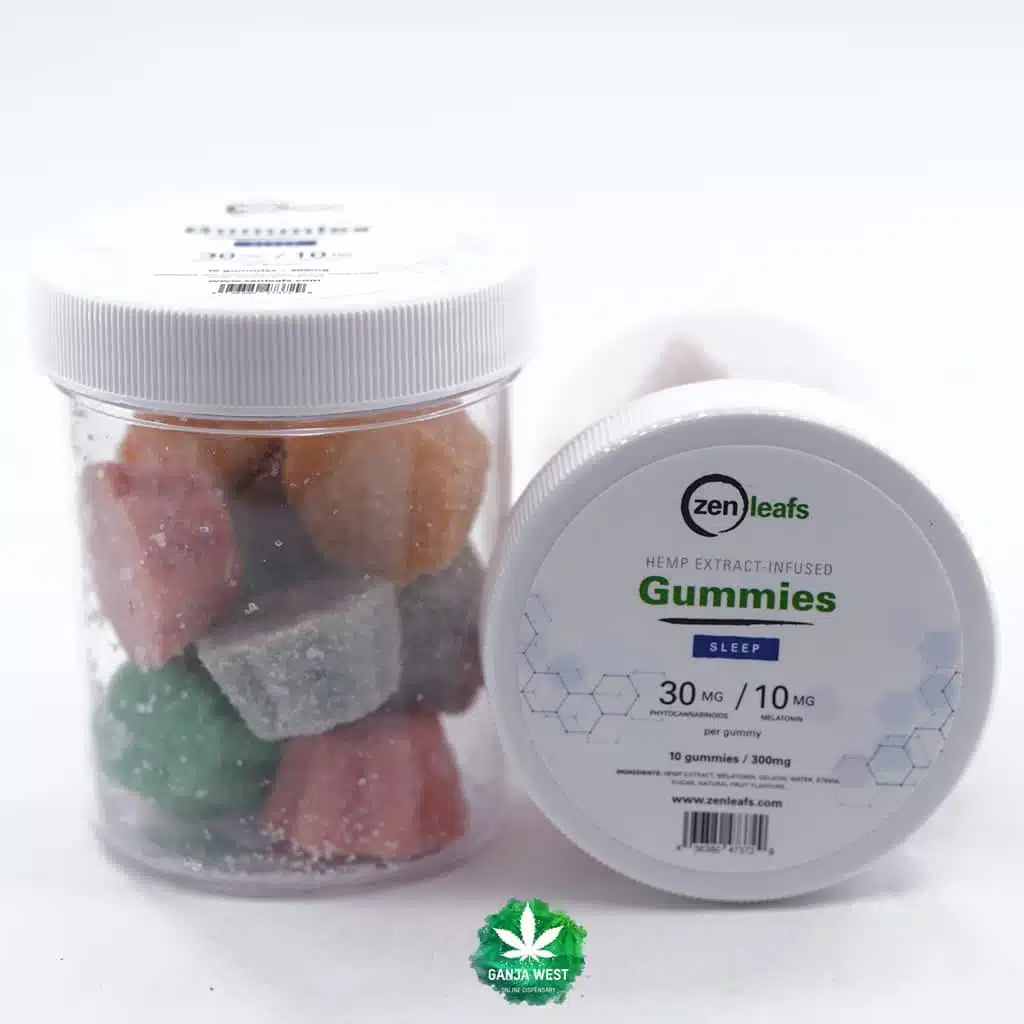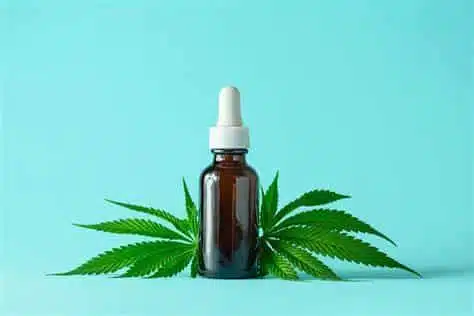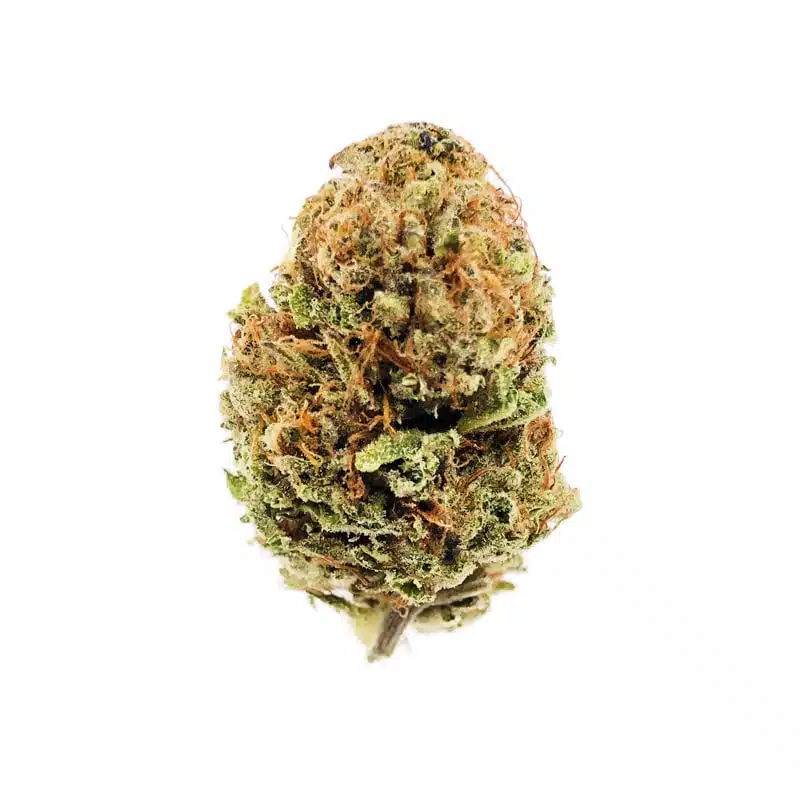What If I’m Scared Of THC?
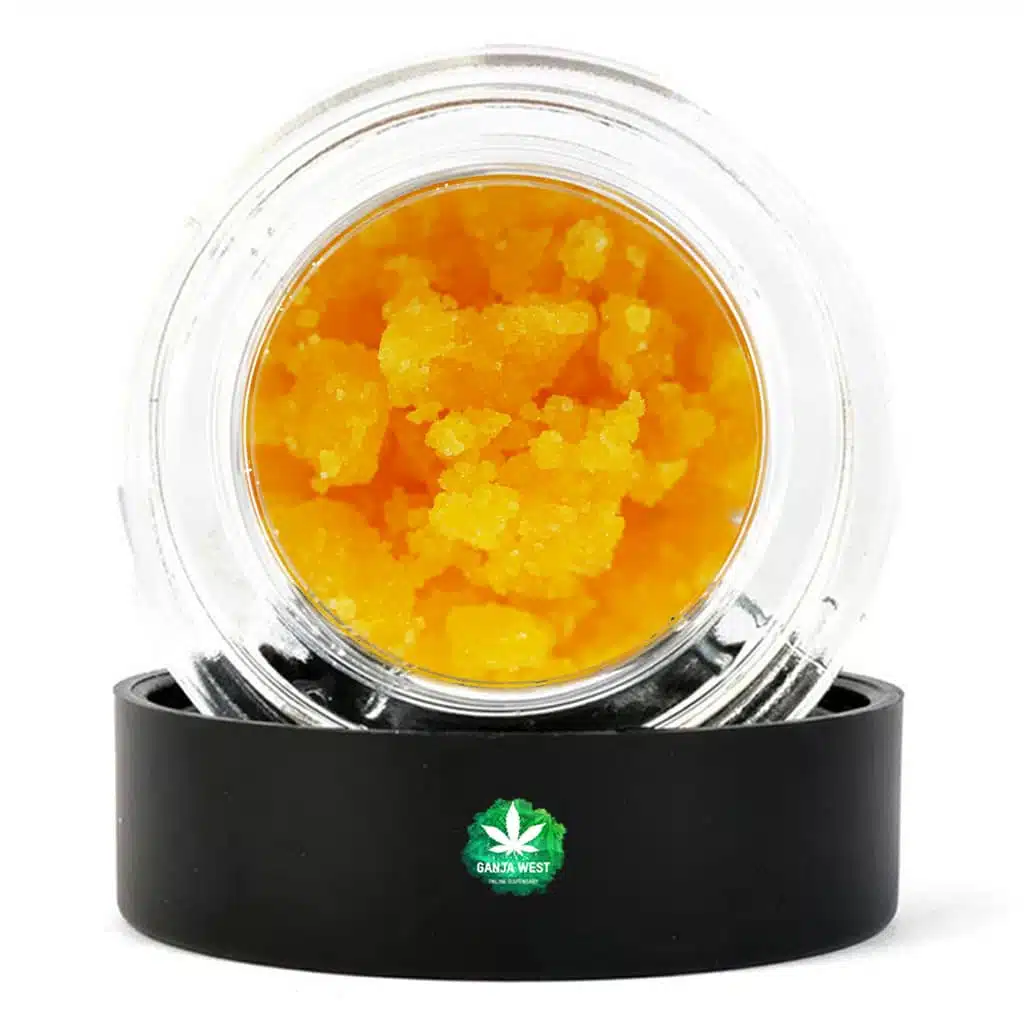
What If I’m Scared Of THC?
Not everyone experiences the same effects when they consume THC. While some people may feel euphoric, others may feel paranoid, dizzy, or fatigued. For some, the experience can be quite unpleasant.
If you’re familiar with the feeling of being high, or if you’re new to weed but hesitant, you might think that you’re just not cut out for cannabis. But consider hot sauce: some people drown their food in fiery spice, while others are content with a single drop. THC is sort of the same, and how you experience this cannabinoid has more to do with your unique genetic makeup than other factors such as age, gender, what you ate that day or even the number of times you’ve consumed it in the past.
Dr. Pasenar explains that cannabinoid receptors vary from person to person, meaning that two people can consume the same amount of a substance and have different experiences.
We all have unique physiology when it comes to how we process and experience things. Some people may react differently to certain stimuli depending on their individual physiology, which can contribute to whether or not they have a positive experience.
He also argues that the feeling of being high is subjective, much like alcohol. Some people may not like any feeling of impairment, and this is true with cannabis as well.
If you’re sensitive to cannabis, there’s no need to worry. With the legalization of cannabis, you can now access a wide range of products and expertise to make sure you get the most out of your experience. Whether you’re a medical patient or a recreational consumer, there are ways to enjoy cannabis without any unwanted side effects. Here’s what you need to know to make it work for you.
Slow and low, that is the tempo
Pasenar reiterates the importance of starting low and going slow when consuming cannabis. This advice is repeated often, but it is nonetheless wise and worth following.
Cannabis products can vary widely in terms of their THC content. A low dose of THC can have different effects on different people, so it’s important to start slowly and see how your body reacts. absorption rates can vary depending on the person, so it’s important to give your body enough time to process the THC fully, which can take up to four hours.
This rule applies to the ingestion of cannabis oils and the inhalation of cannabis flower or vapour from a vaporizer. Health Canada recommends consuming edibles with less than 2.5 mg THC, and waiting up to four hours to feel any effects. If smoking or vaping, Health Canada says to start with just one or two puffs from a strain with less than 10% THC, and wait up to 30 minutes.
It is essential for medical patients, including those who are self-diagnosing, to consult with a cannabis-specializing physician. This is the best way to ensure that you are taking the right dosage and using the most effective method of ingestion for your needs. This is especially important if you are already taking other medications, as there may be interactions or risks associated with your existing treatment plan.
Keep it legal
The legal cannabis market is built on the foundation of the legacy market. However, in the years leading up to legalization, cannabis was bred to have high THC levels, which can be overwhelming for some people. When you buy from legal sources, you can be confident that you know exactly what you’re getting in terms of potency.
He argues that the cannabis of today is very different from that of the past, and that the current level of regulation by Health Canada benefits both medical patients and those who are new to recreational use.
If you’ve had a bad experience with cannabis in the past, there’s no need to worry about trying it again for medical purposes. CBD is the main active ingredient, with low doses of THC. If you’re still sensitive to THC, the medical team can quickly adjust the dosage and treatment.
You can still be friends with THC
It can be tempting to think of CBD and THC as two opposite sides of a cannabis coin, but this is not accurate. Both cannabinoids have therapeutic qualities, and a recent study suggests that THC provides greater symptom relief than CBD alone. The entourage effect is a theory that suggests that the entire cannabis plant is more therapeutic than any individual component on its own. At Cannaway, we have seen better efficacy in many patients when THC is combined with CBD and a complete terpene profile than when CBD is taken alone.
Pasenar says that patients don’t have to suffer through unwanted funny feelings when they take THC. He suggests that they take it at nighttime before bed, when feelings of euphoria are minimized and there is less risk of operating heavy equipment.
If you go too far…
Pasenar reassures readers that no one has ever died from an overdose of cannabis. He suggests that feelings of paranoia, fatigue, palpitations or dizziness from a high dose of THC can be countered with a high-CBD product, which can block the effect of THC at the CB1 receptors. In rare cases of psychosis or hallucinations, he recommends seeking immediate medical attention. However, for the vast majority of people, time in a comfortable space is the best course of action.
Pasenar suggests that in addition to taking CBD, you can also try eating a meal to slow down THC absorption in the gut, and that taking a nap may help alleviate some symptoms.
Pasenar reassures medical patients that they are in good hands and that they should not hesitate to use low doses of THC in conjunction with CBD. He explains that this approach has allowed them to successfully treat a variety of medical conditions, and that patients can experience better symptomatic relief and increased quality of life as a result.
Conclusion
If you are interested in cannabis and THC products, check out Ganja West online dispensary at ganjawest.co!
